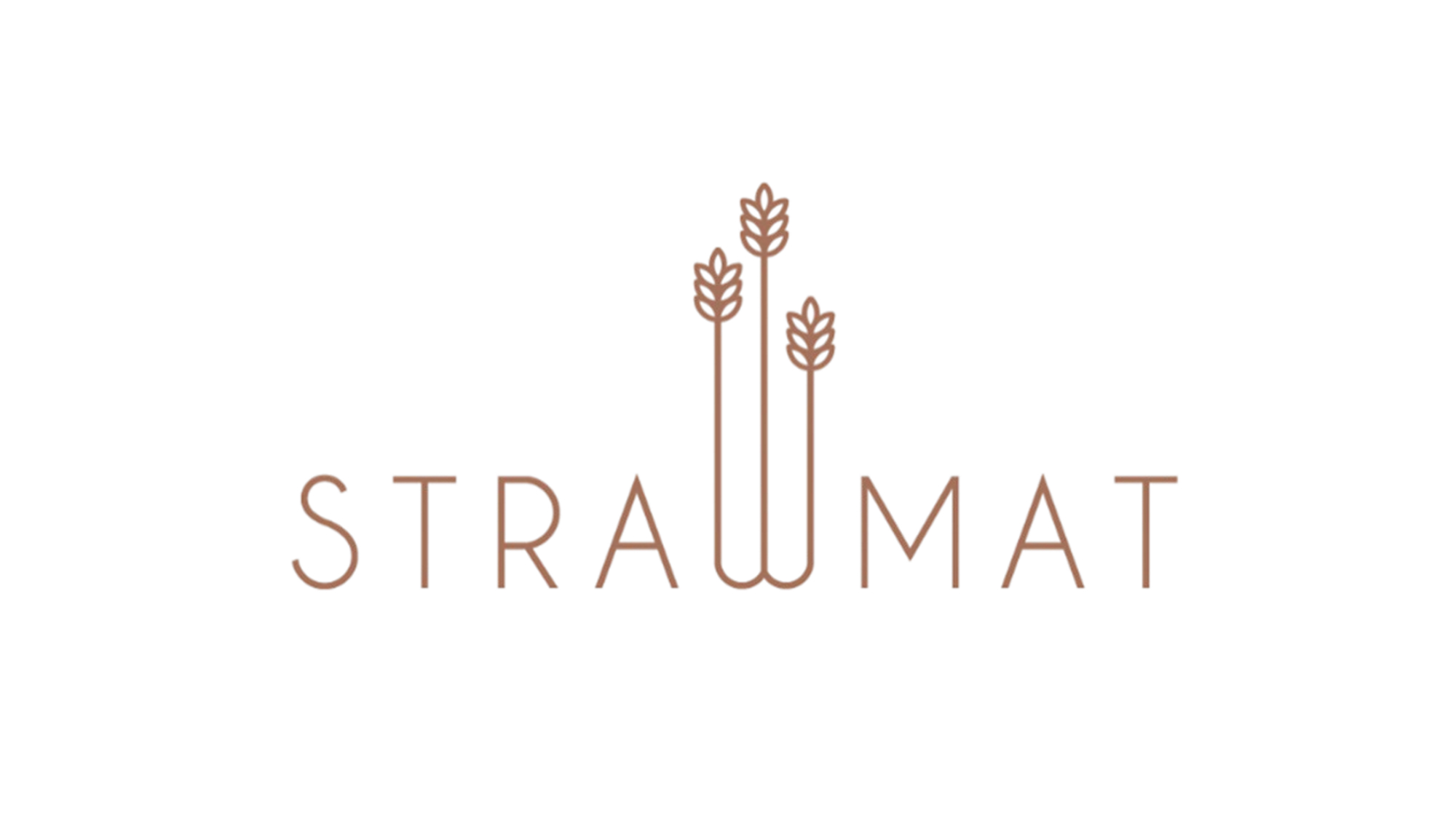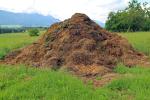
STRAWMAT Operational Group: Industrial use of rice straw residue to obtain fireproof materials with thermal insulation properties.
- Type Operational group
- Status In progress
- Execution 2024 -2027
- Assigned Budget 593.518,08 €
- Scope Supraautonómico
- Autonomous community Andalucía; Castilla y León; Comunitat Valenciana
- Main source of financing CAP 2023-2027
- Project website GO STRAWMAT
The project is developed by fulfilling a series of tasks linked to the project objectives, including the creation of collection systems, treatment methods and appropriate processing of rice straw for its subsequent processing, natural fire-resistant materials from rice straw, a Life Cycle Sustainability Analysis (LCSA) and feasibility of the new product obtained from rice straw, and activities for the transfer and implementation of solutions along the new value chain.
- Selection and optimization of the harvester components and equipment required to carry out harvesting.
- Study of the effectiveness of harvesting with the new optimized harvester.
- Execution of pretreatment (crushing and drying) of the collected straw Processing of treated rice straw to obtain profiles and cores.
- Evaluation of core properties based on the characteristics and variety of rice straw.
- Defibering of straw to obtain insulating material for blowing.
- Evaluation of the physical-mechanical and thermal properties of the insulation material for blow-in. Development of the construction system and integration of the fire-resistant material.
- Evaluation of their structural, fire resistance, thermal, acoustic and permeability performance in their different variants. Manufacturing of demonstrators. Analysis of social impacts of the life cycle (LCA-S) and analysis of life cycle costs (CCC).
- Preparation of the Business Plan.
- Execution of 10 technical transfer actions in associations, vocational training centers, and universities.
- Execution of 3 Demo-days of two days each for agents in the sector.
STRAWMAT focuses on boosting economic activity in the rice sector by valorizing rice straw residue as an input in the construction sector. A new value chain will be generated in the forestry and construction sectors, using rice straw as an input for the generation of a new bio-based fireproof and thermal insulation material. Combined with thermoplastic polymers and wood, this material will allow the development of a new construction system for use in various agricultural, livestock, and building construction projects.
The activities result in:
- R1 Definition of wet rice straw collection requirements.
- R2 Definition of the methodology to carry out the pretreatment of rice straw.
- R3 Selection of resins and additives and treatment of rice straw to obtain fireproof material.
- R4 Definition of case studies and requirements of construction solutions.
- R5 Environmental impact assessment through life cycle analysis (LCA).
- R6 Business Plan.
- R7 Development of a manual of good practices for the implementation of the innovation processes developed.
- Name of coordinator/entity: THE UNION OF THE VALENCIAN COUNTRY
- Postal address: C/ Marqués de Dos Aigües, 3-1, 46002, Valencia
- Coordinator/entity email: launio@launio.org
- Telephone: 963 53 00 36
- LA UNIO LLAURADORA I RAMADERA DEL PAIS VALENCIA
- LA UNIO LLAURADORA I RAMADERA DEL PAIS VALENCIA
- AIMPLAS Instituto Tecnológico del Plástico
- AGROBELGA S. COOP. AND.
- FUNDACION CENTRO DE SERVICIOS Y PROMOCION FORESTAL Y DE SU INDUSTRIA DE CASTILLA Y LEON (CESEFOR)
- News
- News
- GO STRAWMAT Video: Rice straw as an efficient and sustainable solution for cons…
- La Unió website
- AIMPLAS website
- CESEFOR website
- AIMPLAS YouTube account
- AIMPLAS LinkedIn account
- AIMPLAS Instagram account
- AIMPLAS account in X
- AIMPLAS Facebook account
- CESEFOR YouTube account
- CESEFOR account in X
- CESEFOR Instagram account
- CESEFOR Facebook account
- CESEFOR LinkedIn account
- La Unió's YouTube account
- La Unió's Instagram account
- La Unió account in X
- La Unió Facebook account
- La Unió's LinkedIn account





